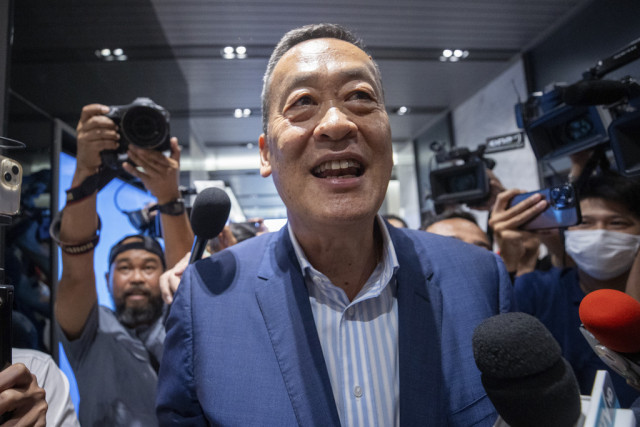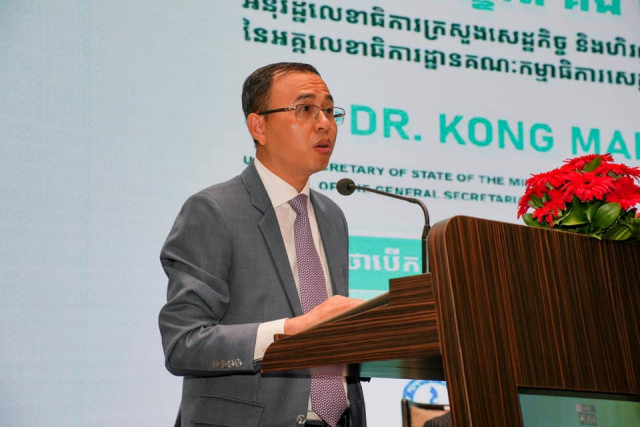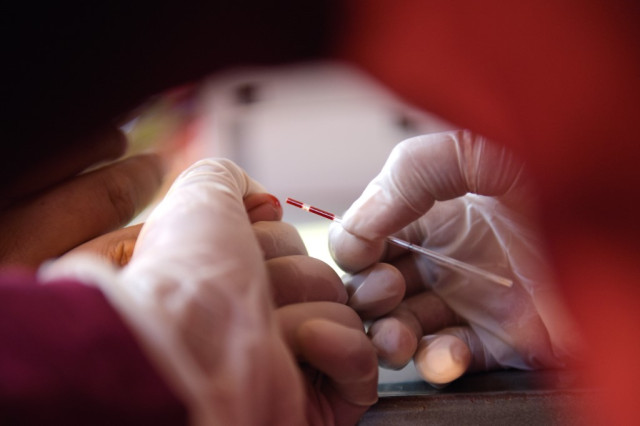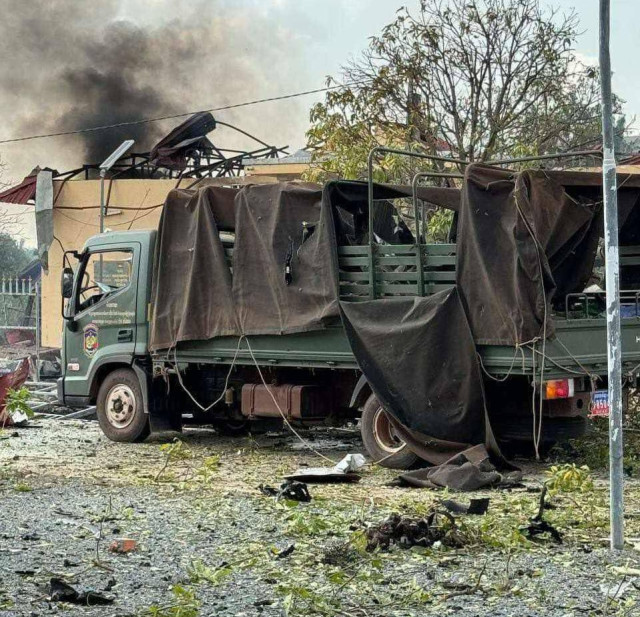UK gives £55 mn to get girls into school in developing countries
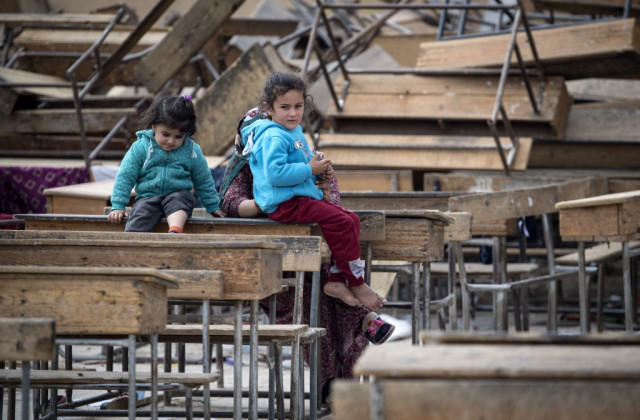
- Agence France-Presse
- May 13, 2021 3:13 AM
London, United Kingdom | Britain will on Thursday unveil £55 million ($77.5 million, 64.2 million euros) in new funding to support education in developing countries, as part of its bid to get 40 million more girls into school in the next five years.
Prime Minister Boris Johnson has come under fire for slashing Britain's foreign aid budget in an attempt to reign in a spiralling deficit caused by coronavirus lockdowns.
But he will join former Australian Prime Minister Julia Gillard on a visit to a UK school on Thursday, where they will unveil the new aid for girls education to prevent what he said was a pandemic "lost generation".
Johnson will take part in live classroom link-up with schoolchildren in Kenya to urge world leaders to invest in education, as he committed £55 million for a new programme "turbocharging efforts to get girls into school and learning", his Downing Street office said.
The "What Works Hub for Global Education" will advise governments across Africa and Asia on the best ways to reform school systems and support female enrolment, which is also a key plank of Britain's G7 presidency.
"Supporting girls to get 12 years of quality education is one of the smartest investments we can make as the world recovers from Covid-19," Johnson said in a statement.
"Otherwise we risk creating a lost pandemic generation.
"Across the world there is a vast untapped resource -– girls whose education has been cut short or denied altogether, who could be leading efforts to pull their communities out of poverty."
A joint UK-Kenya Global Education Summit in London in July aims to raise $5 billion over the next five years.
Experts have warned that the problem of teenage pregnancies in Kenya is worsening during the coronavirus pandemic, with some girls pushed into transactional sex to survive while others have more sex as they stay home from school.
Some children get free lunches or free sanitary towels at schools, which were closed by the virus.
Being home also places an added burden on parents who may have lost their jobs.
"So the young girls will turn to men who will be providing them with pocket money, money for pads," Evelyne Opondo, senior Africa regional director at the Centre for Reproductive Rights, said last August.
© Agence France-Presse






